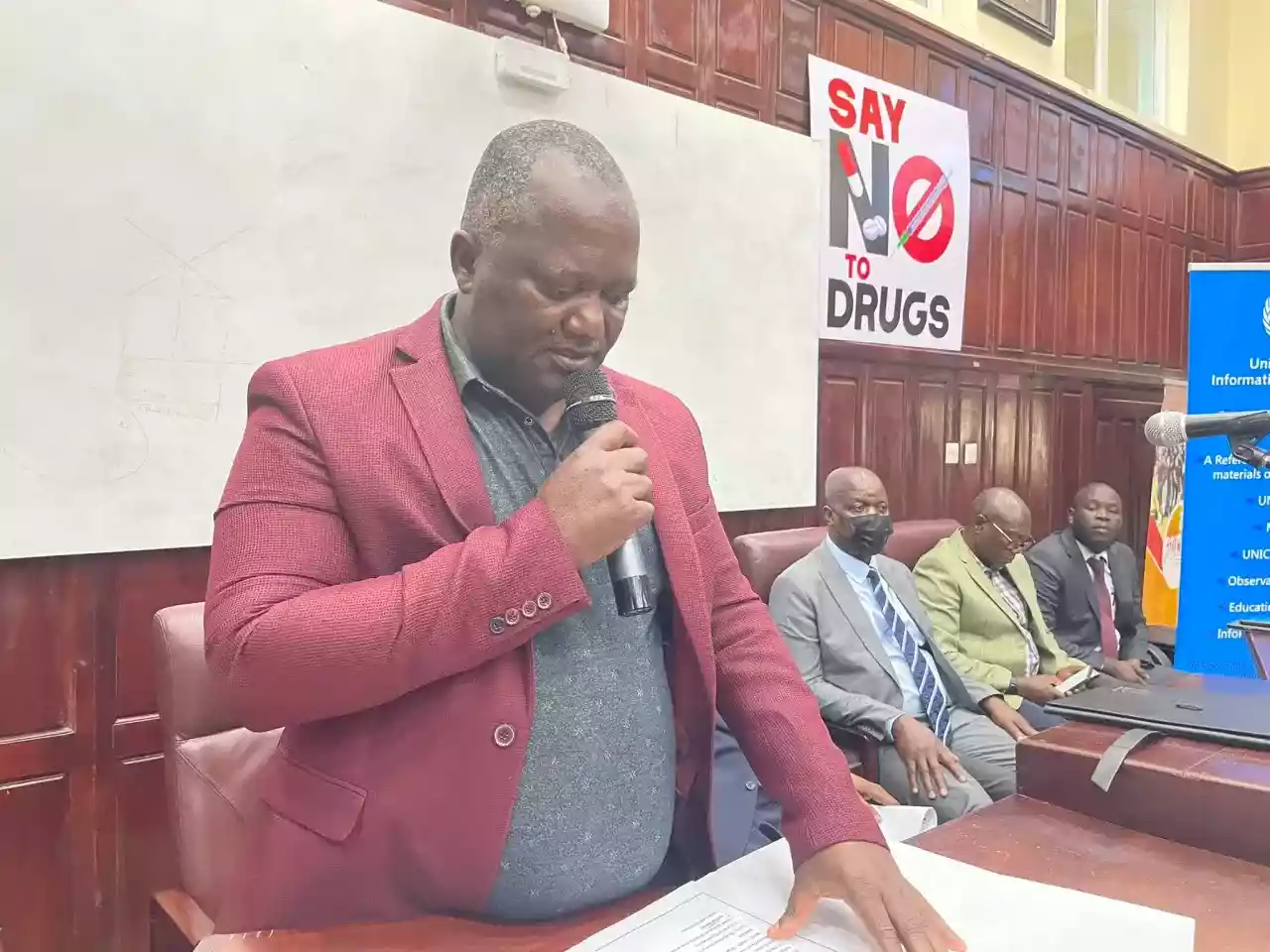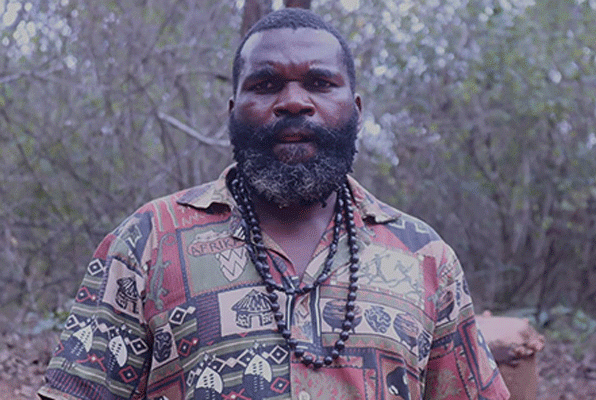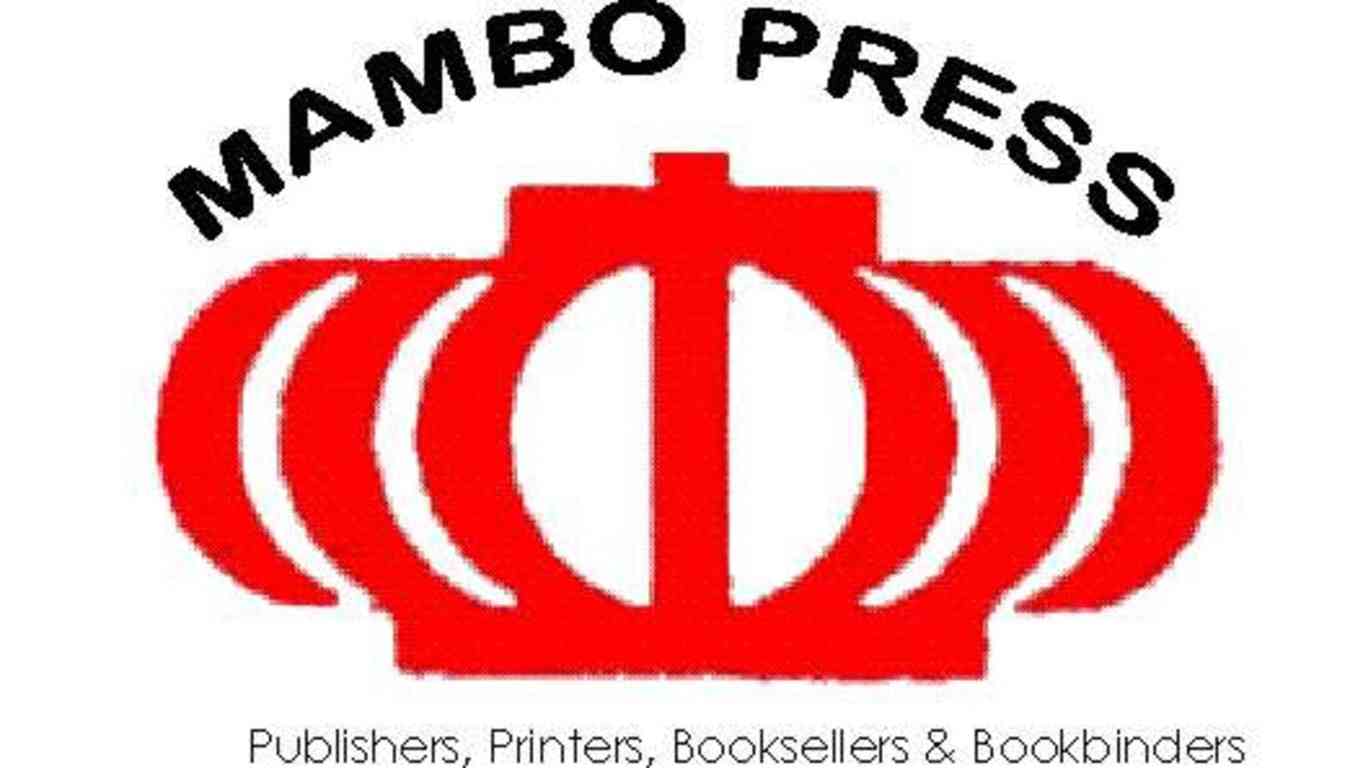
THIS year’s edition of the International Images Film Festival (IIFF) will open with the screening of the film titled Nome running from November 28 to December 2 at different venues in the capital.
The annual festival is an exhibition platform for films that portray a woman in at least one major role, thus providing role modelling for African women who observe other women taking part in film and impacting positively on their own lives and communities.
Produced by the Institute of Creative Arts for Progress in Africa (ICAPA) Trust under the stewardship of veteran author and filmmaker Tsitsi Dangarembga, the 20th edition of the festival will run under the theme Women of Hope.
Film screenings will be done at Batanai Gardens (B2C) in central Harare, Alliance Française along Herbert Chitepo Avenue and Dzivarasekwa Community Centre Hall 1.
Festival manager Tafadzwa Chovuchovu told NewsDay Life & Style that the festival will have a packed programme that will include screenings, masterclasses, and an award ceremony for winning films on the closing day.
“The opening film at this year’s festival is Nome, directed by Sana Na N’handa. The film was released in May 2023. It follows the story that took place in Guinea-Bissau in 1969, during the war of independence between the Portuguese colonial army and the guerrillas of the African Party for the Independence of Guinea,” she said.
“The protagonist, Nome, leaves his village and joins the ranks of the guerrillas. After years of struggle, he returns to his village as a hero. However, the initial joy soon gives way to bitterness and cynicism. This is the story of Nome.”
Chovuchovu revealed that the opening film was chosen by ICAPA director Dangarembga after she watched it at the Cannes Film Festival.
- Byo armed robber in court
- Woman jailed 12 years for indecent assault
- Magistrate jailed 3 years for abuse of office
- Zim’s poor batting hands India series
Keep Reading
In choosing the film, Dangarembga said it would be highly inspirational and was likely to turn around situations in Zimbabwe during the festival.
The closing film at this year’s fiesta is The Last Queen directed by Adila Bendimerad.
Speaking on the festival’s theme, Chovuchovu said it sought to explore the stories of women who were still on their journey after deciding which path to take at the crossroads.
The women are hopeful that at the end of the path, they will achieve their goals and realise their many different and complex dreams, no matter their situation in life.
“In order to fully address the festival theme, we have been in strong collaboration with various embassies. We have invited and can confirm that Carla Sospedra (Spain), Sana Na N’handa (Guinea Bissau), Binete Undonque (London), Souad Houssein (France) and Zanele Mthembu (South Africa) will be the official guests who will conduct masterclasses,” she noted.
Chovuchovu said local filmmakers were set to benefit from the three masterclasses in film production, film directing and film pitching.
In partnership with the embassy of Netherlands in Zimbabwe, the festival, in another gender responsive move, will also host two 16 Days of Activism Against Gender Based Violence screenings and receptions to be held at the Alliance Française on November 29 and December 1, respectively.
The Dalva and We Don’t Talk films will be screened and both films explore themes of sexual violence and exploitation of women.
Chovuchovu has, however, bemoaned financial challenges in hosting the festival.
“ICAPA Trust is a non-profit organisation which heavily relies on donor funds to be able to host the free of charge festival which cannot generate income by selling tickets. We have overcome this challenge through applying for grants and fundraising through the GoFundMe platform, as we did last year,” she explained.
“This is our 20th edition, which marks two decades of hosting the festival. We are really excited for Harare to experience everything that we have prepared for them.
“The films were carefully curated to suit various audiences and we encourage people to enjoy the screenings and discussions at all our venues.”
Chovuchovu said the festival had over the years positively impacted the arts, culture and creative economy.
“The festival has helped to add to the arts and culture scene in the country to world-class platforms as it is a recognised festival and raises the profile of the creative sector in national and international development,” she said.
“Previous editions helped Zimbabwe to be seen as a cultural country with the potential of hosting a world-class festival.
“In terms of social development, the festival offers a generation of progressive debates and dialogues around issues such as gender-based violence, rape, child marriages within communities.”
The hosting of the festival has also brought with it employment creation opportunities.
“The festival provides income-generating opportunities among creative women in the film sector and other auxiliary or creative industries that feed into the sector, and gender sensitive men in these sectors,” Chovuchovu said.
“Various roles are provided for women during the festival as venue managers, ushers, and jury. Further income-generation activities come from catering, decor, production of awards, car hire and artists who perform during the festival.”










